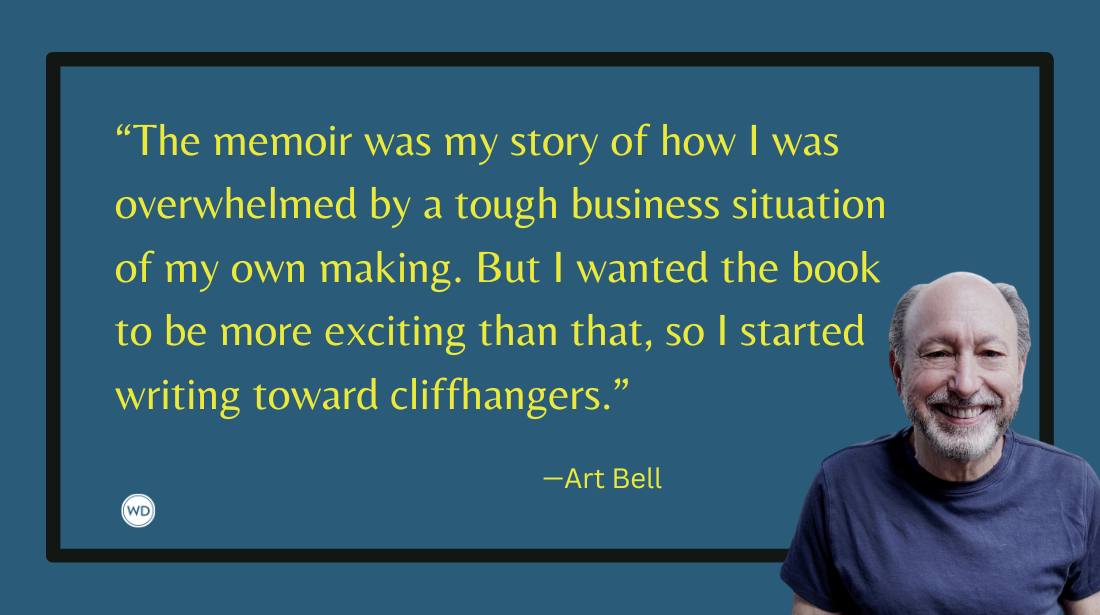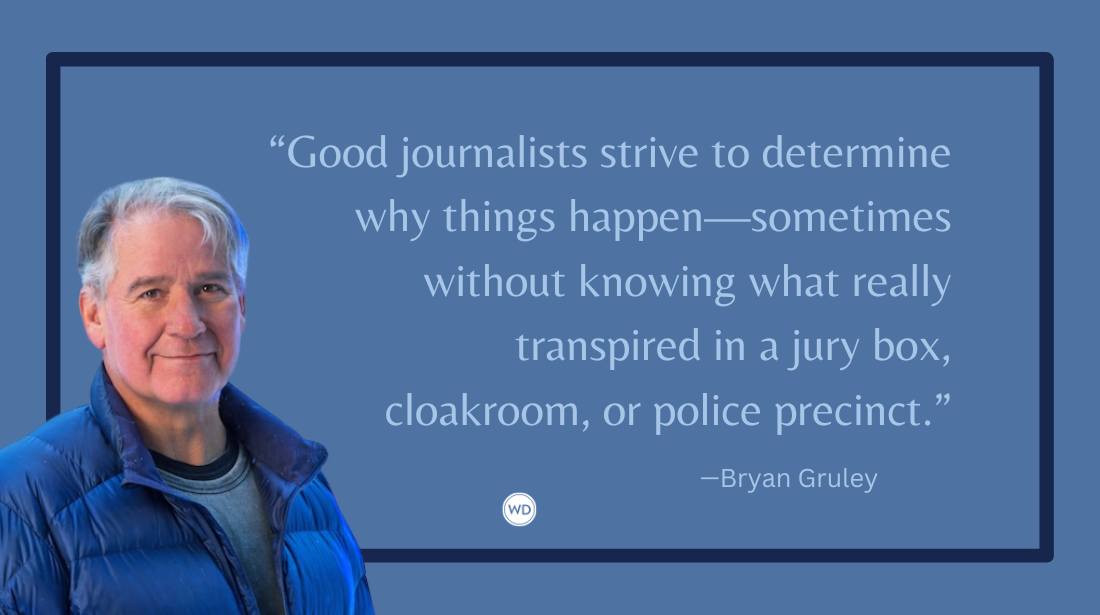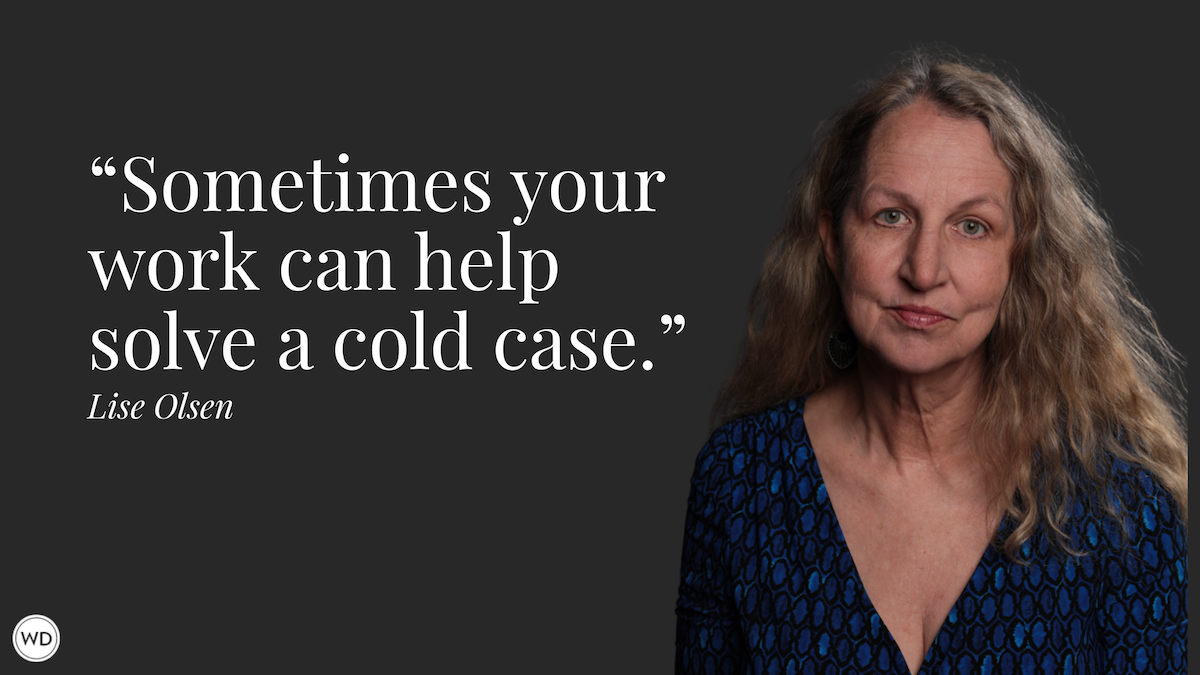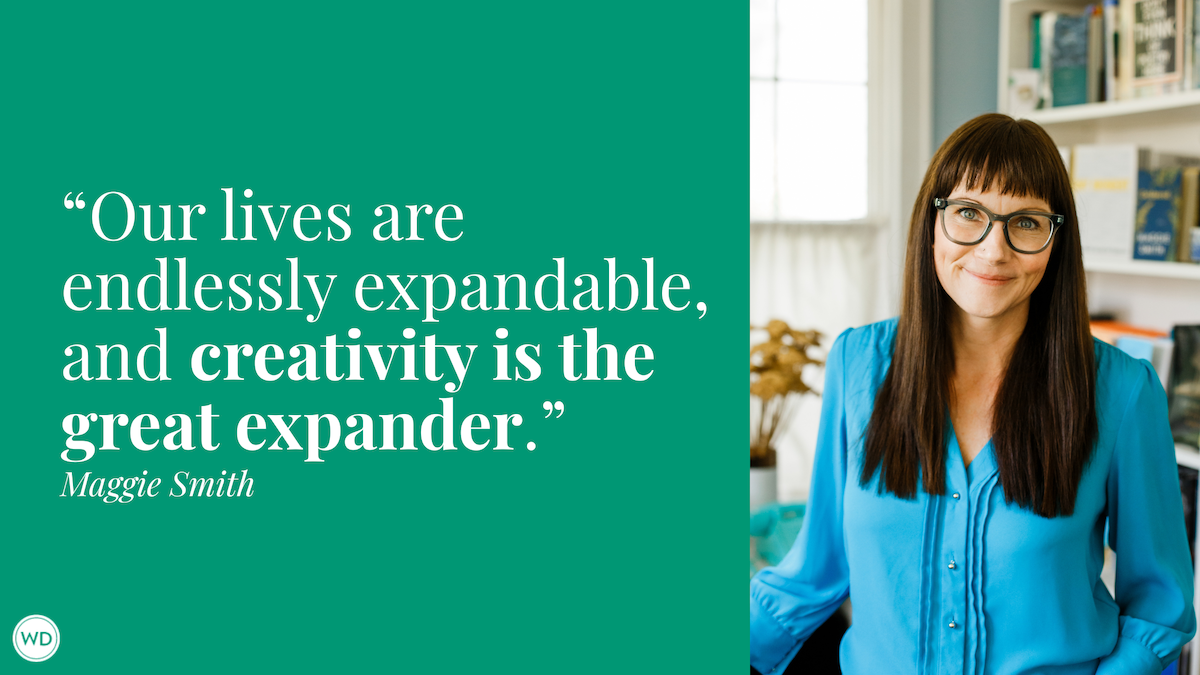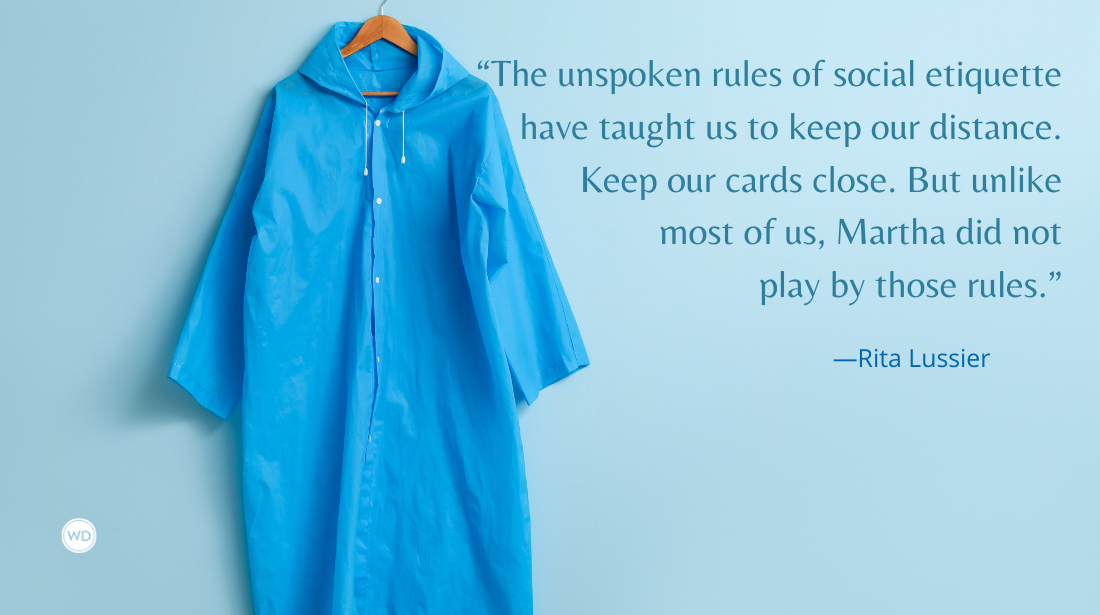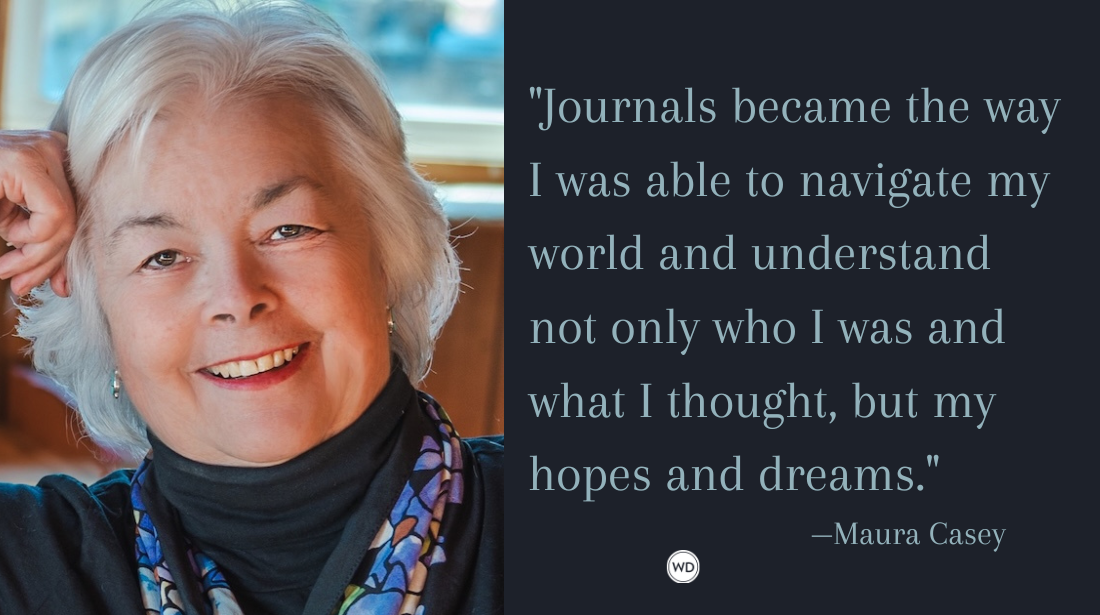5 Skills You Need to Be an Effective Journalist
From having curiosity to being a good listener, journalist Alison Hill shares five skills you need to be an effective journalist.
Journalism requires a multitude of skills and talents. You must be a jack of all trades and a bit of a know-it-all to thrive in this profession. You can find yourself writing about AI and Medicaid in the space of a few days and having to become an instant expert on everything from organic farming to military jets.
You must also be a people person, a great listener, and adaptable. You need to be a truth-seeker, honest, ethical, curious, and yet, despite all these attributes, nobody will like you. Journalism is one of the least trusted professions according to a 2023 Gallup poll, right up there with telemarketers, car salespeople, and politicians. Not only that, the pay sucks, with a median income of just over $48,000. Evidently, we’re not in it for the glory, or the money.
So why would anyone want to be a journalist?
What drives most of us is the desire to find and tell stories. To make a difference. To reveal the truth. To dig into societal problems. Or simply to inform the public about what’s going on in our communities. And news isn’t all bad, sometimes we cover positive stuff. We’re curious beings, we want to know all about the world we live in, and then delight in telling you about it—in a well-presented format, factually accurate and backed up with multiple sources, of course. We’re nonfiction storytellers, or “storytellers with a purpose” according to Bill Kovach and Tom Rosenstiel in The Elements of Journalism.
So, as well as a very thick skin, perseverance, and a drive to “examine unseen corners of society,” here are five skills you need to be an effective journalist.
Curiosity
This is more of a character trait than a skill, but I’m including it here because I’ve never met a journalist who lacks curiosity. On the contrary, we’re a bunch of busy bodies. We want to know everything, and we see potential stories all around us.
We also tend to eavesdrop conversations in cafes, because, well people say the darndest things. We enjoy asking questions, sometimes tough ones that people don’t want to answer. We want to know all the “whys” and the “hows” and the “whens.”
As journalists we hold people in power accountable and endeavor to give a voice to the voiceless. We’re concerned for the state of humanity and many of the issues journalists choose to cover reflect this.
Research Skills
Research is the backbone of journalism and it’s where the story begins. Thorough research is essential to producing valuable content, and journalists must gather information from multiple sources. This means more than Googling stuff online or asking ChatGPT questions—in fact, that’s not at all recommended. Instead, journalistic research is multi-faceted. While you can begin your search online, the key is to gather primary sources, and head out into the “wilds” getting your boots dirty in the trenches, where the real stories reside.
You’ll find yourself developing contacts, attending meetings, making countless phone calls, poring over data, sifting through archives, court records, surveys, newspapers, and video. This is all research. Some of it can be tedious, but if you’re a curious soul, you’ll find most of it enjoyable.
You can find trends, topics, and plenty of issues to explore on social media, but these sites are not an accurate reflection of society, so beware being pulled down some deep rabbit holes.
As journalists we must also know how to follow up on leads that can pop up unexpectedly and change the direction and focus of a story.
That said, there are some amazing online data resources for those who like to back up their arguments with the cold hard numbers. If you need government statistics on unemployment for instance, you can find this information at the U.S. Bureau of Labor Statistics website.
Listening Skills
As journalists we’ve heard hundreds of stories, some of them interesting, some horrific, some profound. But we listen carefully and quietly to all of them. Journalism is often a quiet art—you must allow people the space to tell their stories without interruption or judgement.
Give your sources the floor and take a back seat initially. You’ll be amazed at what they might reveal. The ability to really listen in our loud and brash society, is becoming a dying art. But it’s an essential attribute if you want to become an effective journalist.
I’ve said this before in previous articles, but it’s worth reiterating—the key to becoming a good interviewer is to be so approachable, down-to-earth, and attentive, that the person being interviewed forgets you’re a journalist. If you’re ever in a situation where someone spills out their life story to you and then suddenly pauses, saying, “I shouldn’t have told you that! You’re a journalist,” then you’re on the right track. Listen first, ask questions later.
Interviewing Skills
A journalist must feel comfortable conducting interviews with all kinds of people, from a homeless veteran to a state senator. It’s a learned skill and takes years to hone. The ability to formulate the right questions and elicit a desired response is a skill you must master if you want to write good stories.
I’m a big advocate of “boots on the ground” journalism, and the best stories come from the journalists who are out in the “wilds” talking to people, gathering information, getting to the heart of the story. Phone interviews get the job done, but in-person interviews seal the deal.
Writing Skills
This one is obvious of course. But here we’re referring to specific writing skills, the ability to write succinctly, accurately, and creatively, depending on the piece you’re working on. Generalists such as newspaper reporters, often cover a patch rather than a beat or specialty, which means they write all kinds of material, from hard news items to features.
This is a skill that can’t be taught in a class, it must be experienced, you “have to be there” as they say and do it under pressure. Writing in bulk, on demand, to a deadline, while making sure it’s factually correct, readable, relevant, and interesting—is all in a day’s work for a reporter.
These are just a handful of the many skills you need to be an effective journalist. Some of them you’re born with, and others must be learned through doing. Practice really does make perfect.
So, keep searching, keep probing, and most importantly of all, keep telling those amazing stories.
Alison Hill is a freelance writer, journalist, and Emmy-nominated producer who writes for print and online publications. Since 2001, Alison has been a regular guest commentator on BBC radio news shows discussing US politics and current events. Before going solo, she was a PBS producer and director and also worked as an investigative journalist for a Welsh TV series. From hosting TV shows and creating online content to going undercover with a hidden camera, she’s done it all. Alison grew up in a tiny village in Wales and speaks fluent Welsh. She’s an avid hiker, who also loves camping, kayaking, and reading. She now lives in South Carolina with her husband, 8-year-old daughter, and two rescue cats.



